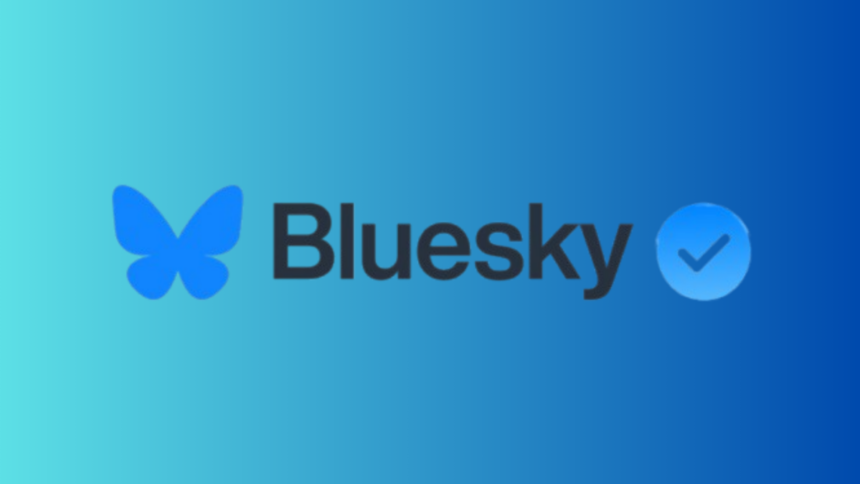Bluesky Introduces a New Verification System
It seems reminiscent of Twitter’s earlier days, as Bluesky is set to implement an official verification system that awards the coveted blue check mark to accounts deemed “notable.” This will complement the current self-verification method that utilizes an owned domain.
Since its inception in 2023, Bluesky has enabled users—both individuals and organizations—to authenticate their accounts by assigning their domain as their username. For instance, NPR is represented as @npr.org, while its journalists can be found under subdomains like @name.npr.org. This decentralized method aids in demonstrating authenticity and fostering trust among users.
While connecting a domain provides a means of identity verification, Bluesky has still faced challenges with fake and impersonator accounts. The self-verification approach necessitated that users discern which domains were legitimate and reliable. To address this issue, Bluesky plans to introduce a more centralized verification methodology, which will involve thorough review and approval by moderators.
Similar verification processes exist on various social media platforms. For example, X has transitioned to a pay-to-play model instead of its previous verification system aimed at notable accounts. Instagram, on the other hand, requires applications for accounts that represent well-known individuals, brands, or entities frequently featured in reputable news outlets.
Understanding Bluesky’s Verification Process
In a recent announcement, Bluesky revealed that its moderation team will actively verify authentic accounts recognized for their notability. These verified accounts will visibly feature a blue check mark next to their names.
What are your thoughts so far?












